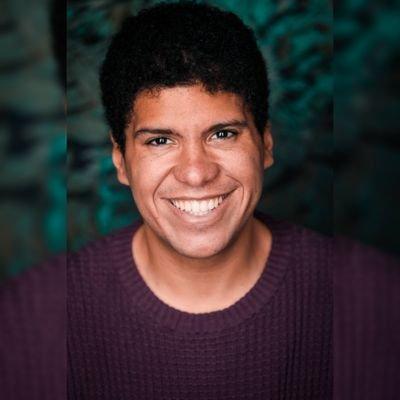Diverse Views in Science | Global statements on diversity: César Urbina Blanco
Published in Chemistry

By César Urbina Blanco, Postdoctoral Researcher, Ghent University.

In your opinion, which scientific questions will set the trends in the coming decade, and which science problems would you like to tackle?
I believe that in the next ten years, we will continue to see the rise of multidisciplinary research collaborations to solve societal problems and to understand the fundamental science behind them. One area that I am particularly excited about is climate change and the circular economy. I would like to see more chemists, chemical and environmental engineers, working together with economists and policy makers to design renewable and sustainable starting materials for the chemical industry.
How do you experience diverse leadership, diversity in your lab, publication and peer-review, promotion and career progression, in your host country? What are the impediments for creating inclusive, equitable research labs, departments and practices?
In my opinion, the importance of diversity in science can be exemplified by the law of the Hammer; “if the only tool that you have is a hammer, you treat everything as if it were a nail”. As scientists, we develop particular skills and unique problem-solving approaches based on our training. I will never forget that during my PhD, I had a problem I was dealing with for 6 months and an incoming postdoc solved it in a single day. She used a standard technique from her previous group that was unknown to all of the members of my lab. Diversity matters because it increases the pool of tools available in our research team to develop innovative solutions. I am often disappointed by the lack of diversity in Belgian universities where a large number of researchers, especially those at the top, have very similar scientific, cultural and socio-economic backgrounds. Fostering communication and collaboration among researchers with different profiles encourages diversity in the lab. This creates opportunities for researchers to experience by themselves the benefits of having different perspectives when looking at problems.
What is your message to the next generation of scientists, and what are your tips for their success?
Science is for everyone! Though you might not always feel like you belong, you do! My advice to you: it’s nice to have a friend! Surround yourself with people who inspire you, and remind you that, in spite of what some people in positions of powers might say, you belong in science. Regardless of your gender, gender expression, religion, nationality, disability, immigration status or socio-economic status, you belong. We all belong. A career in science is always challenging but undoubtedly easier with a little help from your friends.



Please sign in or register for FREE
If you are a registered user on Research Communities by Springer Nature, please sign in